All-inclusive resorts can appeal to guests through convenience and value for money, but using the right marketing strategies is essential. In this article, you can learn about all-inclusive resorts, learn about the different customer groups to focus on, and explore the most effective marketing strategies to deploy.
Table of Contents:
- What is the Hotel Industry?
- What Is an All-Inclusive Resort?
- Target Groups for All-Inclusive Resorts
- Growing Popularity of All-Inclusive Resorts
- Key Characteristics of All-Inclusive Resorts
- Tips to Increase Bookings and Total Guests Value of All-Inclusive Resorts
- Hotel Marketing: The Latest Trends for All-Inclusive Resorts
- All-Inclusive Resorts: Appealing to Different Guest Types
- Websites for Selling All-Inclusive Resort Packages
What Is the Hotel Industry?
Before exploring the specifics of all-inclusive resorts, focusing on the wider hotel industry can be useful. This can be broadly defined as the industry surrounding temporary, overnight guest accommodation. It forms part of the larger hospitality industry, and while most businesses of this kind are aimed at travelers, locals may use them too.
The name is slightly misleading, with hotel meaning hotels, motels, hostels, resorts, bed and breakfasts, inns, serviced apartments, and other lodgings. However, permanent and long-term accommodation is not included. In the “Hotel Industry: Everything You Need to Know About Hotels!” article, you can dive deeper into what the industry is, how it is defined, the types of properties included, and much more.
What Is an All-Inclusive Resort?
An all-inclusive resort is a name given to a holiday resort that includes all essentials within the booking price. In other words, rather than simply paying for a room in the resort and access to the core facilities, guests are simultaneously paying for their room, food, drinks, and other essential services.
According to most standard definitions, all-inclusive resorts must provide overnight stays to hotel guests, three meals (breakfast, lunch, and dinner), and alcoholic and non-alcoholic drinks – all with one booking fee. In many cases, access to activities and entertainment may also be included in this price.
Target Groups for All-Inclusive Resorts
Those involved in hotel management and marketing efforts at an all-inclusive resort must consider their target audience. In the sections below, you can learn more about the main group to focus on.
Multi-Generational Families
Multi-generational families are a common target group for all-inclusive resorts because these families are often drawn to convenience. When families with multiple generations traveling together, their preferences and requirements can vary significantly, but an all-inclusive resort ensures their basic needs are all covered.
Adventure Seekers
Many all-inclusive resorts provide access to outdoor activities within the booking price, but even when this is not the case, the all-inclusive approach can appeal to adventurous travelers. After all, when meals and drinks are readily accessible, more time can be spent planning and going on adventures.
Health and Fitness Travelers
A growing number of travelers are staying at resorts to focus on mind and body matters. All-inclusive resorts that include access to gyms, sports facilities, fitness classes, swimming pools, massage treatments, and spas within the booking price are exciting for travelers prioritizing their health and well-being.
Luxury Vacationers
Travelers seeking luxury experiences may be tempted by an all-inclusive resort that prioritizes including high-end services within the booking price. This could include spas, luxury meals, and the latest hotel technology in rooms. This target group will be most easily reached by 5-star resorts or established luxury brands.
Wedding & Honeymoon Guests
Finally, all-inclusive resorts can be ideal for wedding parties because they allow booking guests into accommodations where their core needs will be covered. This is appealing when planning a wedding because there are so many details to remember. Having rooms, food, and drinks for guests will feel like a huge relief.
Growing Popularity of All-Inclusive Resorts
In the modern age, with remote working becoming more common and with the rise of the ‘digital nomad’, the popularity of all-inclusive resorts has risen to new heights. With this arrangement, people can enjoy trips worldwide, access food and drinks, use hotel Wi-Fi, and work from the resort.
However, digital nomads are not the only people increasingly turning to all-inclusive resorts for travel needs. As previously stated, those looking to prioritize health and well-being are increasingly using this approach. Meanwhile, providing high-quality local food on-site is one of the emerging hotel trends, and the all-inclusive approach allows guests to enjoy multiple dining experiences where they can sample authentic local cuisine.
Key Characteristics of All-Inclusive Resorts
There are several key characteristics that successful all-inclusive resorts share. Here, you can learn about three of these characteristics and understand why they are important.
Bundles & Packages
One of the essential characteristics of an all-inclusive resort is selling a bundle or package. These resorts usually provide a room, food, drinks, and experiences, all at one price, and the overall package or bundle needs to be worthwhile and clearly targeted towards a particular demographic or customer type. It is also ideal if the bundle or package makes booking a trip much more convenient for customers.
Metrics & Pricing
Those involved with all-inclusive hotel management must use the right metrics to gauge success. In many hotels, there is a focus on maximizing revenue from room sales, but the all-inclusive model requires a focus on maximizing revenue for each guest that stays there. This also needs to be balanced against the costs for the resort, and pricing needs to be based on ensuring a decent profit without putting customers off.
Location & Travel
The convenience aspect of an all-inclusive resort is a significant part of the appeal, so this model only works when this convenience can be provided for the whole experience. This means the resort’s location should be easy for travelers to get to. For example, resorts that are situated close to airports are ideal candidates. Resources also need to be plentiful, and the approach may be more challenging in countries where hotel operations are expensive.
Focus on All-Inclusive Resort Total Guest Value
Building on the previous point, all-inclusive resorts may need to prioritize different key performance indicators than more conventional hotels. After all, your all-inclusive customers will be paying broadly similar rates for everything on offer, making it harder to maximize revenue from specific high-value guests.
For this reason, pricing needs to be carefully thought through, weighing up the total revenue per guest and then factoring in the average cost of providing the all-inclusive package. On top of this, it can be worthwhile for all-inclusive resorts to offer additional services that are not included in the main package and need to be paid for separately.
Tips to Increase Bookings and Total Guests Value of All-Inclusive Resorts
In the following sections, you can read tips designed to help you increase the number of bookings your all-inclusive resort attracts while also increasing the total guest value.
Increase Restaurant & Bar Quality
A great way for all-inclusive resorts to increase bookings is to pay particular attention to the quality of food and drinks. This means taking the time to create a high-quality restaurant with an excellent menu, as well as a great bar with a wide selection of alcoholic and non-alcoholic drinks. It may be worth exploring hotel financing options to improve your restaurant and hire the right employees.
All-inclusive resorts provide food and drinks at the price of the booking, but if this food is not of sufficient quality, travelers will prefer to book a traditional hotel and buy their own food. Try to make sure your menu has a decent variety and include foods and drinks that will be memorable and look great in photographs.
Video: All Inclusive Restaurants
Offer Premium All-Inclusive Packages
One of the ways that an all-inclusive resort can potentially increase revenue from guests is by offering premium all-inclusive packages. These could take many forms, but a good example would be offering suites or luxury rooms at a higher price than the standard all-inclusive rate or providing additional services beyond the standard offering.
You might be able to offer fitness classes with a premium package or offer access to work areas for business travelers. No matter the specifics of your premium package, having the option to go beyond the basic all-inclusive offering allows you to increase revenue from guests willing to spend more for a premium experience.
Create and Offer Local Tours
Adding a tour of the local area, including nearby attractions or places of interest, can help boost the value for money provided to guests of an all-inclusive resort while also enhancing the overall experience.
There are two main options here. Either you can create your own tours, which allows you to reap all of the financial rewards, or you can work with a local tour guide and develop a system where you both benefit financially. Regardless, including tours in an all-inclusive package can help to increase sales.
Study the Needs of Your Target Market
Deciding on a target market for an all-inclusive resort is essential. Still, it is equally vital to study the specific needs of this target group and tailor your offering accordingly. For instance, what motivates them to make a booking? What do they expect from different hotel departments? What are their main priorities?
If you target luxury travelers, they will likely expect a great room, great food, and other facilities, like a spa. If your main target audience is couples, you must provide a romantic ambiance in the hotel restaurant. For families, meanwhile, it may be a good idea to establish a kids’ club or to provide family-friendly entertainment.
Develop Your Own Smartphone App
A smartphone app for your all-inclusive resort can help to boost communication with guests while providing them with the most essential information. However, beyond this, an app can also include various useful features.
For example, the app could allow guests to upgrade their packages or make bookings for sports facilities. It could also be used to extend stays in situations with availability, and guests could use the app to check in, check out, make requests, communicate with staff, leave feedback, or pay for goods and services.
Video: Hotel Guest Engagement App
Add a Virtual Reality Resort Tour
Finally, a great way to increase bookings is to clearly show guests what they can expect before they make a booking. The growth of virtual reality technology has helped to make this more achievable in recent times.
Using 360-degree photography, creating a virtual reality tour of your property is now relatively simple. You can use this tour to showcase some of the key areas of your resort. The VR tour can be added to OTAs and your own hotel website, allowing potential customers to fully explore the property before they commit to booking.
Hotel Marketing: The Latest Trends for All-Inclusive Resorts
Effective marketing is vital for an all-inclusive resort because you must reach the right customers to attract bookings and maximize revenue. However, your marketing strategy will depend on using the latest techniques and technology and being aware of the most up-to-date trends.
In the “Hotel Marketing; The Latest Trends in the Hotel Industry” article, you can read more about hotel marketing and why it is important while accessing the most important marketing trends to be aware of.
All-Inclusive Resorts: Appealing to Different Guest Types
All-inclusive resorts need to be as clear as possible on their target market, which requires understanding the different types of hotel guests. For instance, what separates luxury travelers from backpackers? What are the differences between families, young travelers, couples, digital nomads, eco-travelers, and health enthusiasts?
In “Different Types of Hotel Guests and Tips on How to Appeal to Them”, you will learn about these hotel guest types, understand how to attract them, and learn ways to exceed their expectations.
Websites for Selling All-Inclusive Resort Packages
The package your all-inclusive resort offers travelers will depend on your target demographics. Regardless, most successful all-inclusive resorts will use third-party websites and online platforms to sell and target these packages to the right customers.
Read the “Hotel Websites Where Hoteliers Can Sell Packages” article for a list of the most popular websites for selling different types of hotels and all-inclusive packages to travelers.
Conclusion
All-Inclusive Resorts FAQs
All-inclusive resorts must prioritize their marketing strategies and aim these efforts at the right target audience. From there, the needs of this target group need to be fully understood, and your all-inclusive offerings should be tailored to meet and exceed their expectations while maximizing your own financial results.
More Tips to Grow Your Business
Revfine.com is the leading knowledge platform for the hospitality and travel industry. Professionals use our insights, strategies, and actionable tips to get inspired, optimize revenue, innovate processes, and improve customer experience.Explore expert advice on management, marketing, revenue management, operations, software, and technology in our dedicated Hotel, Hospitality, and Travel & Tourism categories.
This article is written by:
Hi, I am Martijn Barten, founder of Revfine.com. With 20 years of experience in the hospitality industry, I specialize in optimizing revenue by combining revenue management with marketing strategies. I have successfully developed, implemented, and managed revenue management and marketing strategies for individual properties and multi-property portfolios.

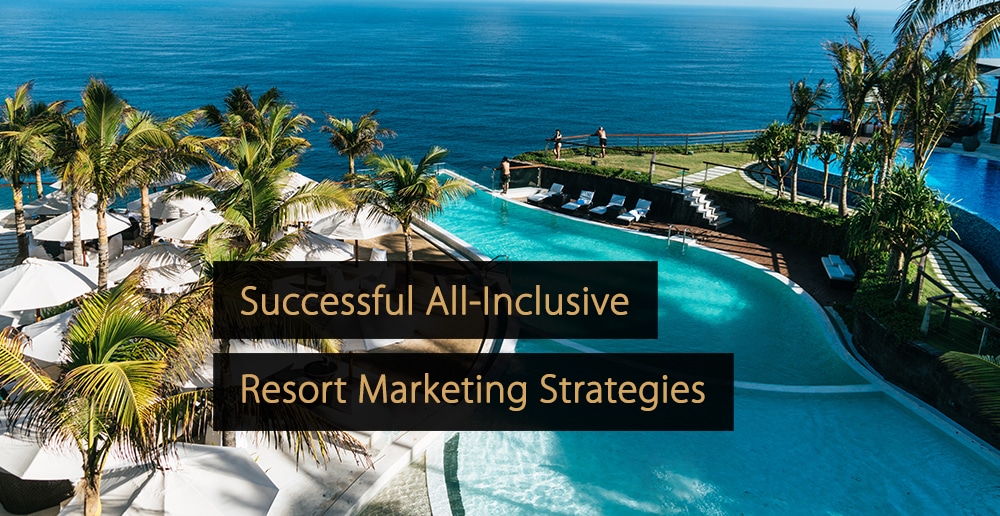
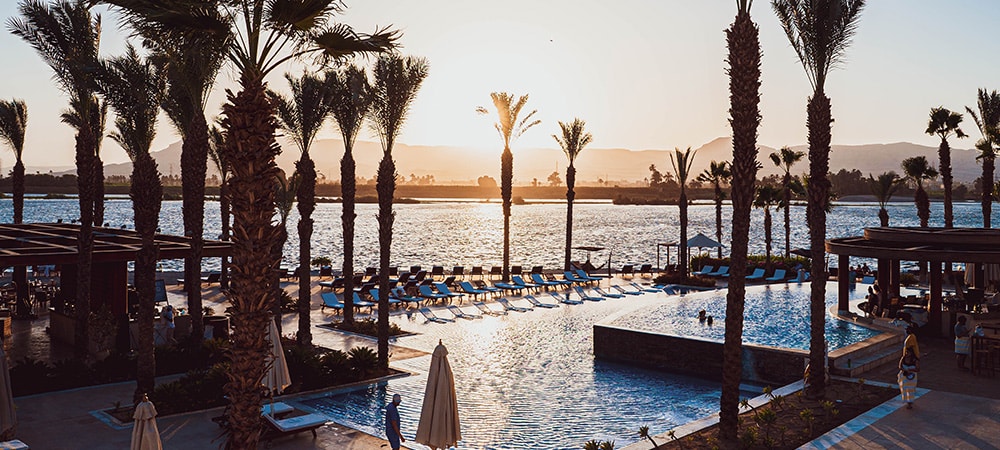


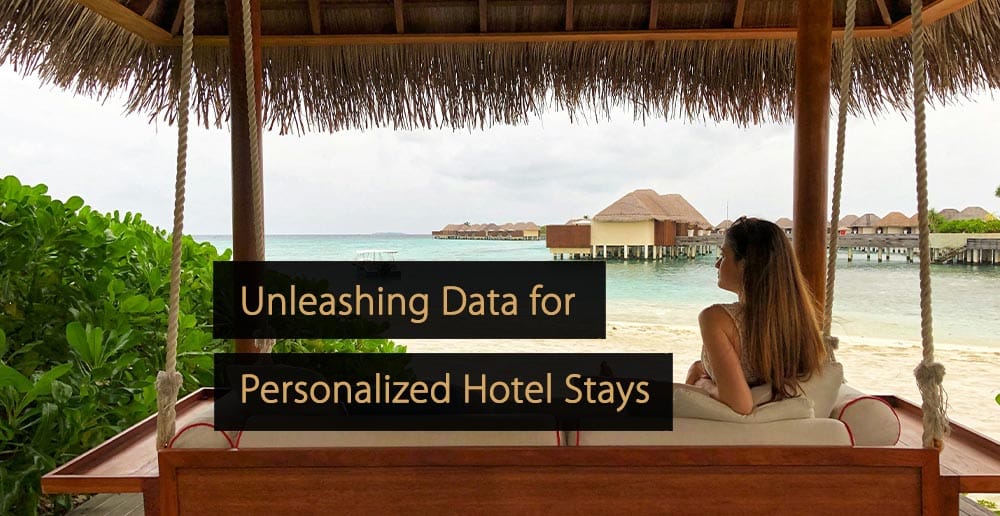
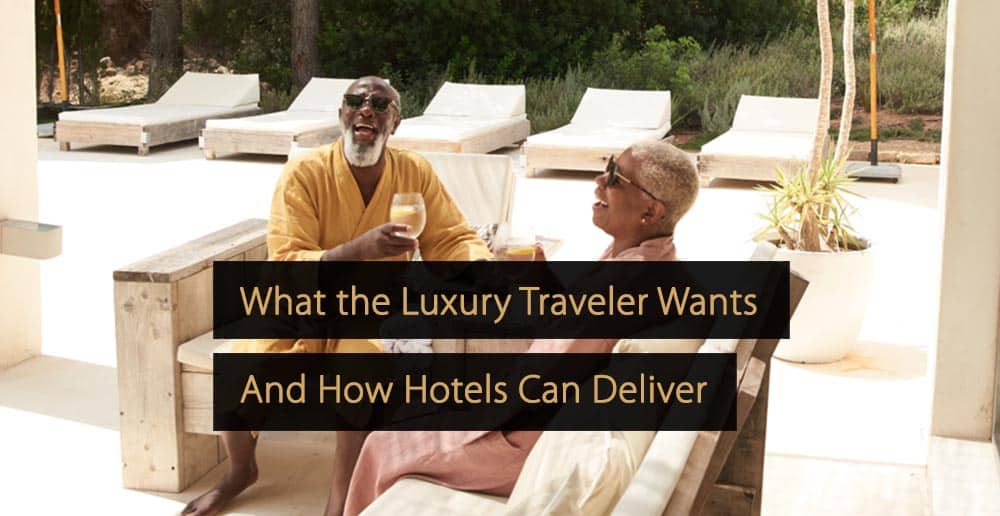

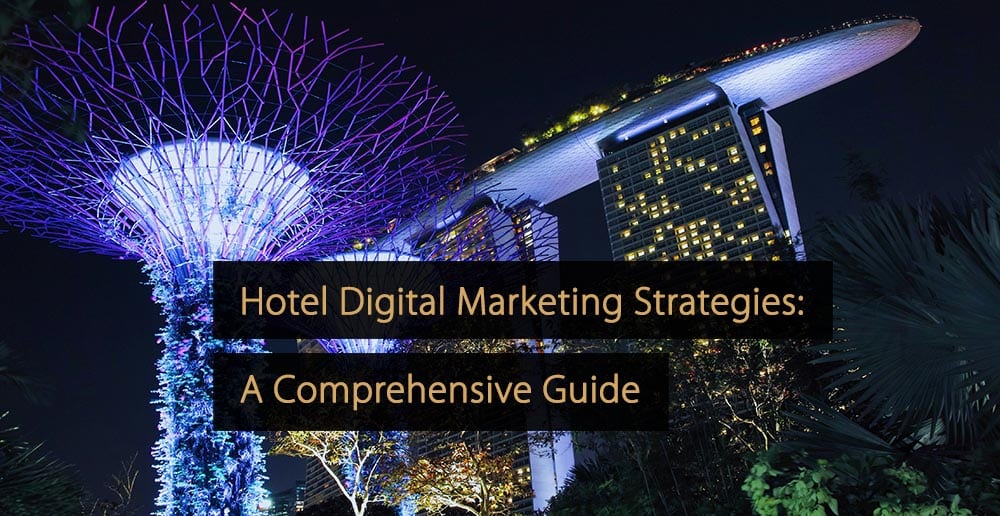
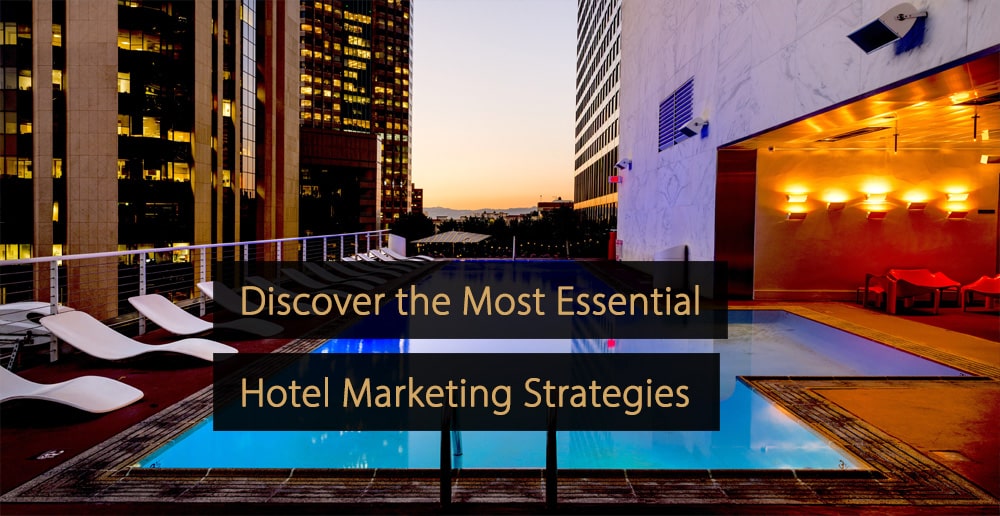
Nice information about marketing strategies for All-Inclusive Resorts, do have this information in a PDF format?
Hi Godwill, we don’t have this article in a PDF document. But on a desktop, click the right mouse button, and you can often save it as PDF. We hope this helps.